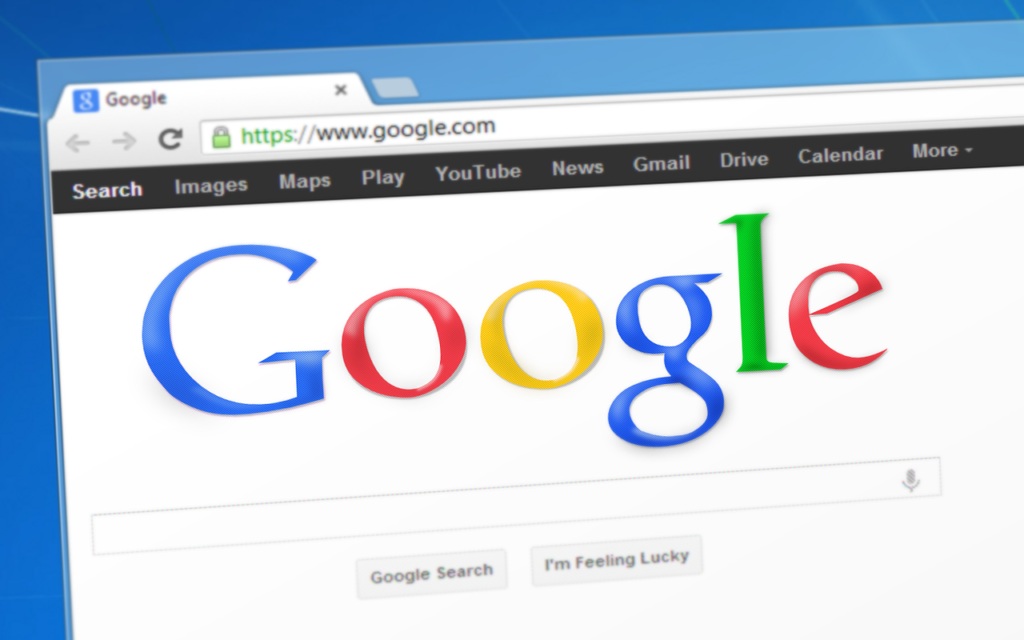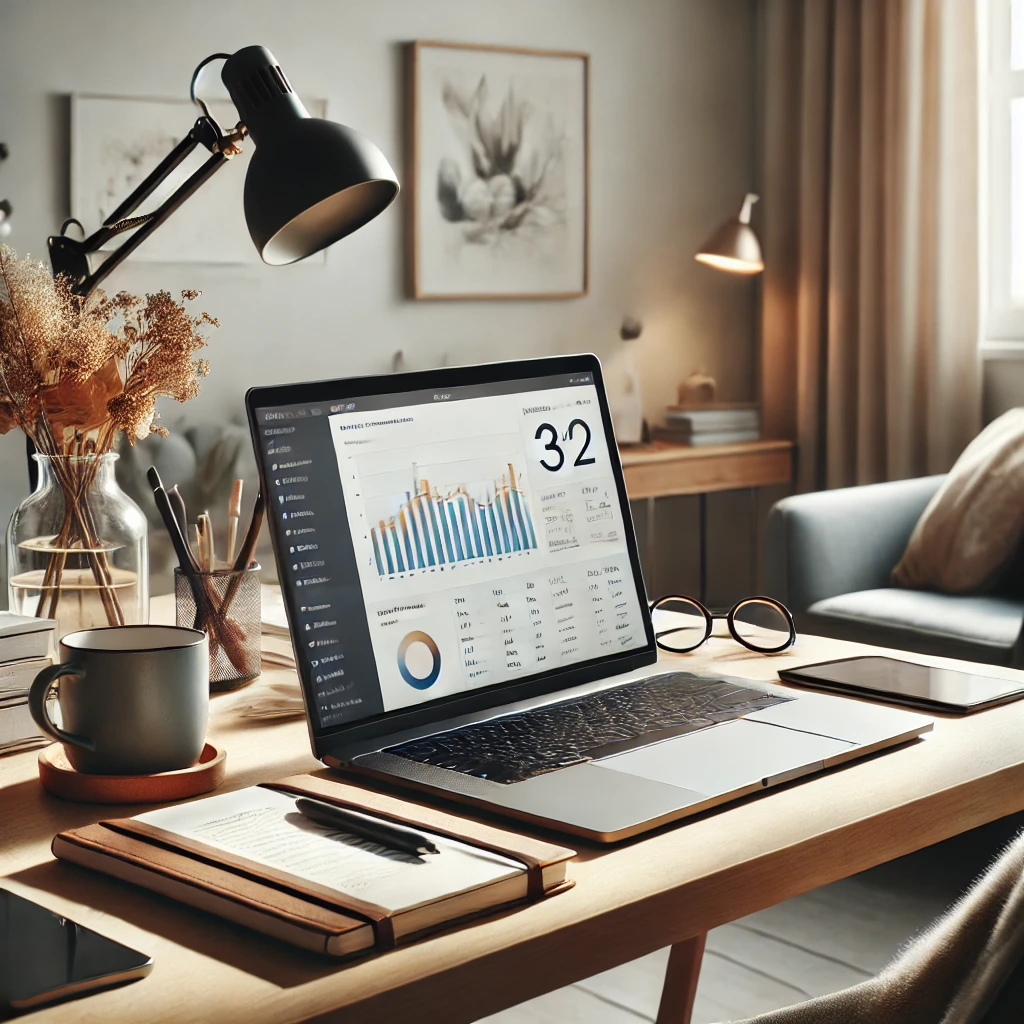In the fast-paced world of digital marketing, knowing how to run Google Ads can be a game-changer for businesses aiming to reach their target audience quickly and effectively. This guide will walk you through everything you need to know about setting up, managing, and optimizing Google Ads campaigns to get the most return on your investment.
What is Google Ads?
To understand how to run Google Ads, you first need to know what Google Ads is. Google Ads is an online advertising platform developed by Google, where advertisers pay to display brief advertisements, service offerings, product listings, or videos to web users. It can place ads both in search engine results and on non-search websites, mobile apps, and videos.
Initially launched as Google AdWords in 2000, it was rebranded as Google Ads in 2018. The platform operates primarily on a pay-per-click (PPC) model, where advertisers bid on keywords and pay each time a user clicks on their ad.
Why Learning How to Run Google Ads is Important
Learning how to run Google Ads is important for several reasons:
Massive Reach: Google processes over 8 billion searches per day.
Targeted Advertising: Advertisers can reach specific audiences based on keywords, location, device, and more.
Flexible Budgeting: Whether you’re spending $5 or $5,000, Google Ads can fit your budget.
Measurable ROI: With conversion tracking and analytics, you can measure performance accurately.
Industry Example
A small local florist can run a Google Ads campaign targeting the keyword “flower delivery near me,” instantly reaching customers ready to buy.

Why Learning How to Run Google Ads is Important
Learning how to run Google Ads is important for several reasons:
Massive Reach: Google processes over 8 billion searches per day.
Targeted Advertising: Advertisers can reach specific audiences based on keywords, location, device, and more.
Flexible Budgeting: Whether you’re spending $5 or $5,000, Google Ads can fit your budget.
Measurable ROI: With conversion tracking and analytics, you can measure performance accurately.
Industry Example
A small local florist can run a Google Ads campaign targeting the keyword “flower delivery near me,” instantly reaching customers ready to buy.




How to Run Google Ads – Step by Step
Understanding how to run Google Ads involves mastering a few core steps:
Step 1: Set Up Your Google Ads Account
Go to ads.google.com
Sign in with your Google account
Enter your business information
Step 2: Define Your Campaign Goals
Website traffic
Leads
Sales
Brand awareness
Step 3: Choose the Campaign Type
Search Campaign: Text ads on search results
Display Campaign: Banner ads on websites
Shopping Campaign: Product-based ads
Video Campaign: Ads on YouTube
Step 4: Keyword Research
Use Google Keyword Planner
Choose a mix of broad, phrase, and exact match types
Step 5: Write Compelling Ad Copy
Include the keyword in the headline
Use a clear call to action (e.g., “Buy Now,” “Get a Quote”)
Step 6: Set Your Budget and Bidding
Daily or monthly budget
Manual or automated bidding strategies
Step 7: Launch and Monitor
Enable conversion tracking
Monitor metrics like CTR, CPC, and conversion rate

Types of Google Ads Campaigns
When figuring out how to run Google Ads, it’s vital to choose the right campaign type:
Search Ads
Text-based ads that appear in Google search results.
Display Ads
Visual banner ads shown across the Google Display Network.
Shopping Ads
Showcase product images, prices, and store information.
Video Ads
Appear on YouTube and across video partner sites.
App Promotion Ads
Encourage users to download and engage with your app.
Performance Max
AI-powered campaigns that run across all Google properties.
Pros and Cons of Running Google Ads
Pros
Immediate visibility on search engine
Highly targeted
Full control over ad spend
Access to detailed performance data
Cons
- Can be expensive if not optimized
Steep learning curve for beginners
Requires continuous management
Best Practices for How to Run Google Ads Effectively
Follow these tips to maximize your success:
Use Negative Keywords to avoid irrelevant traffic.
Test Multiple Ads to see what performs best.
Optimize Landing Pages to increase conversions.
Use Ad Extensions to improve visibility.
Monitor Quality Score to reduce cost per click.
Track Conversions to measure ROI.
Adjust Bids Based on Performance.
Segment Campaigns by Goal or Audience.
Use Remarketing to re-engage previous visitors.
Common Mistakes When Learning How to Run Google Ads
Avoid these common pitfalls:
Ignoring Negative Keywords: Wastes budget on irrelevant clicks
Sending Users to Poor Landing Pages: Reduces conversion rates
Using Only Broad Match Keywords: Brings in untargeted traffic
Not Monitoring Campaigns: Leads to ad fatigue and poor ROI
Skipping Conversion Tracking: Makes it hard to measure success
FAQs
How much does it cost to run Google Ads?
Costs vary. You can start with as little as $5/day. Bids depend on your industry and competition.
How long does it take to see results from Google Ads?
You can start seeing clicks within hours, but consistent optimization is needed for conversions.
Is Google Ads better than SEO?
Google Ads offers immediate results, while SEO is a long-term strategy. Both work best together.
Can I run Google Ads without a website?
You need a landing page or website to direct your ad traffic.
What is a good CTR in Google Ads?
A CTR of 2% or more is generally considered good, though this varies by industry
Conclusion
Learning how to run Google Ads empowers businesses to reach customers at the moment they’re searching for your product or service. With the right strategy, budget, and optimization techniques, Google Ads can deliver impressive results.
Take the first step today—set up your campaign, monitor performance, and keep refining your ads to maximize ROI.
